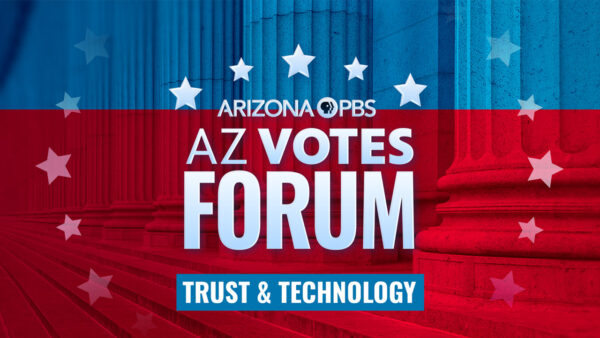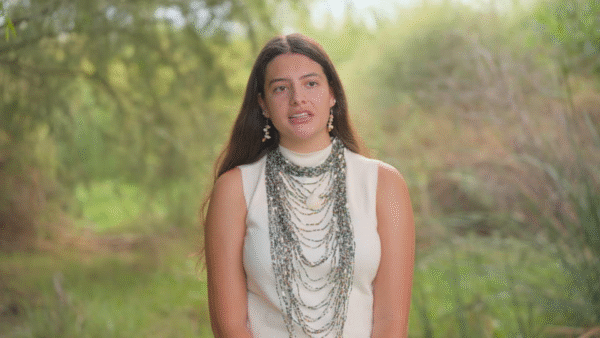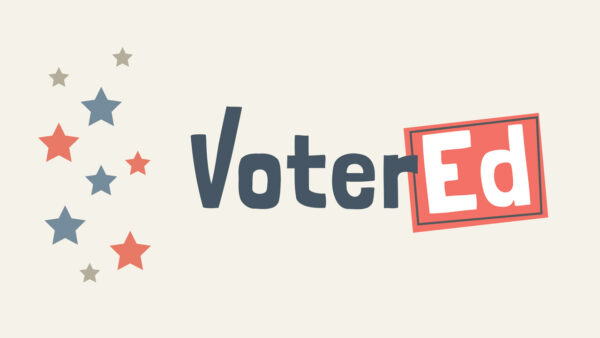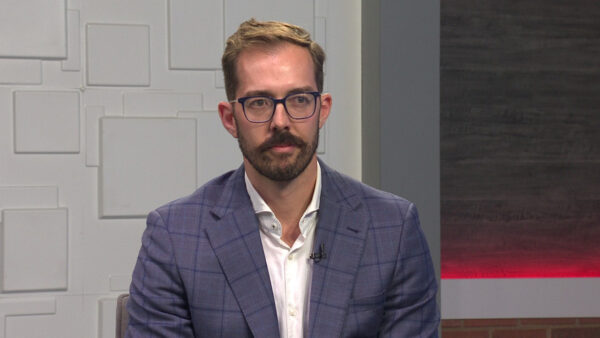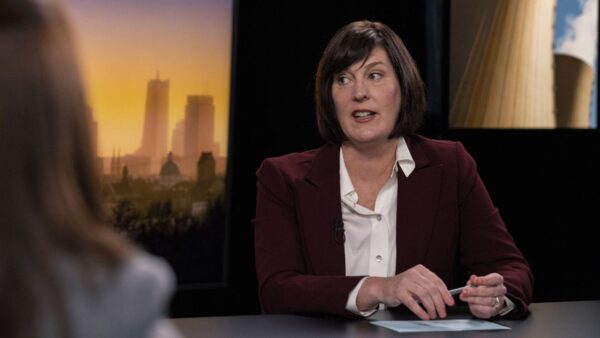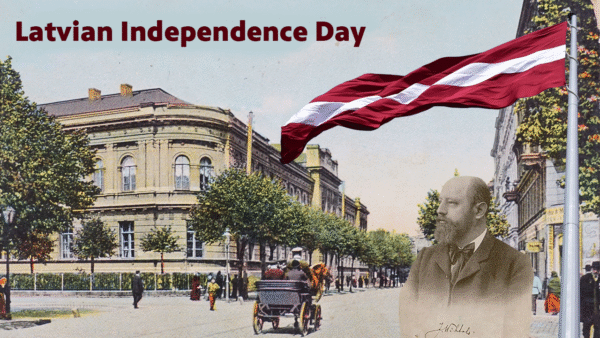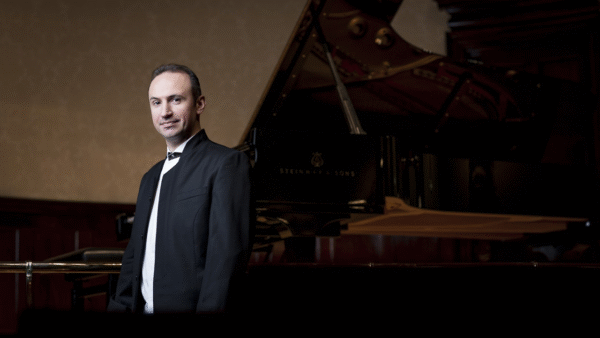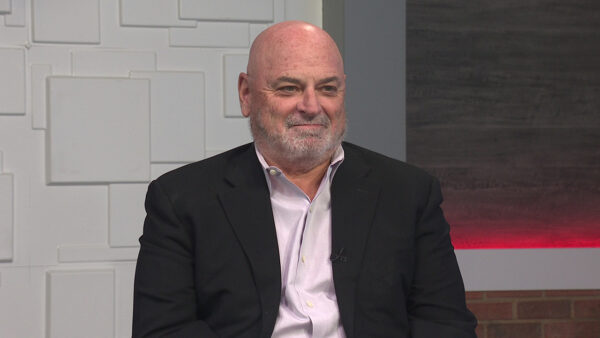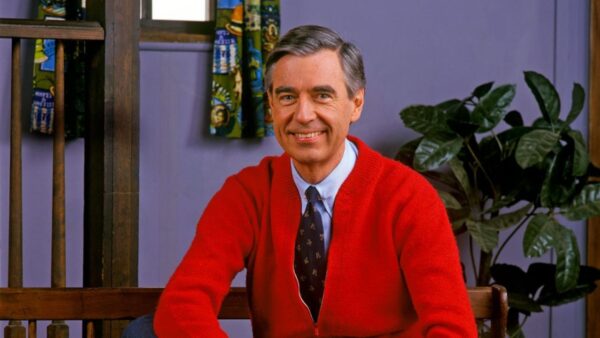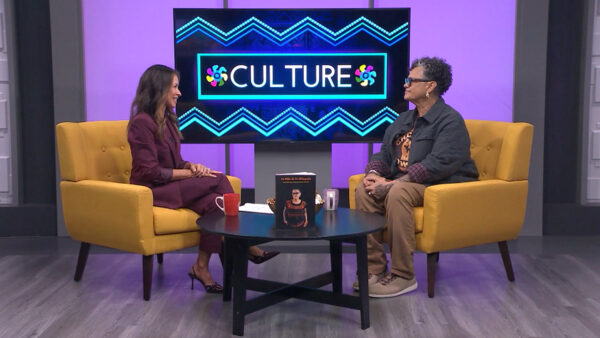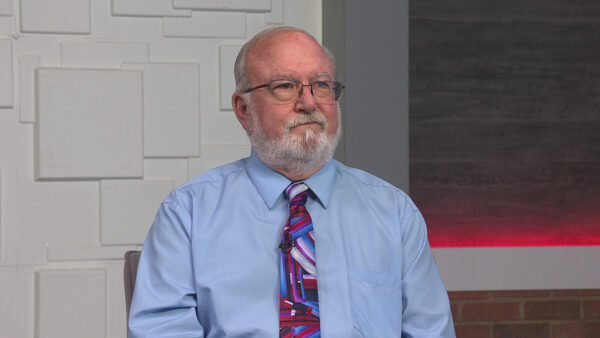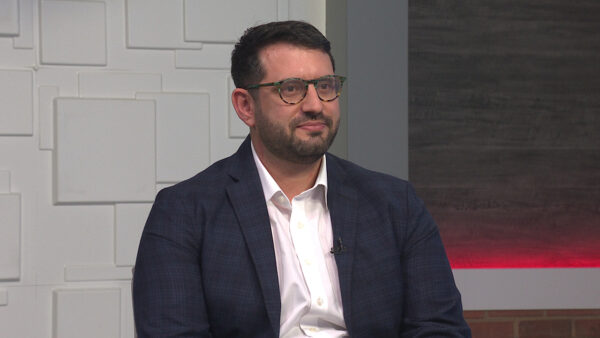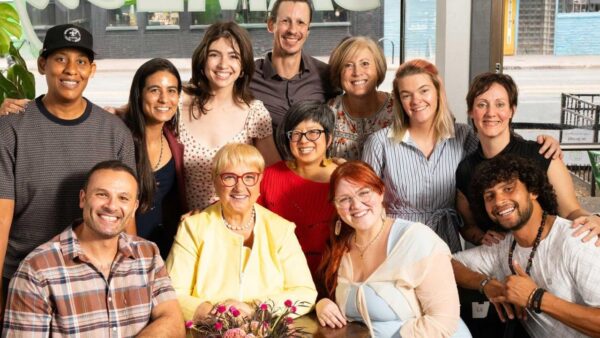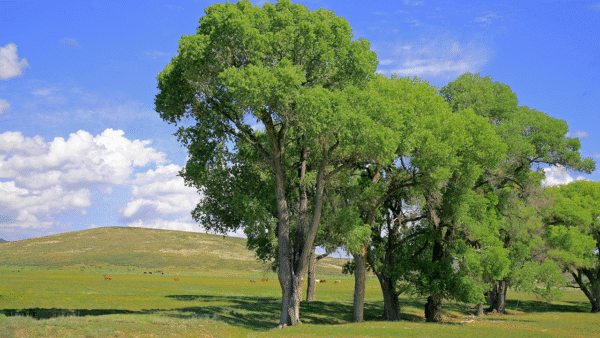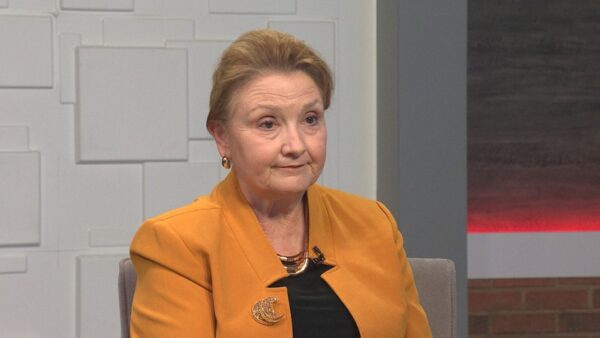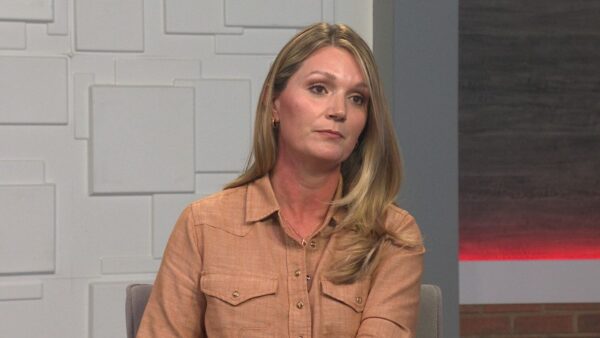After-school literacy program hopes to close literacy crisis gap
Oct. 22
Approximately 39% of third graders in Arizona are reading proficient, according to advocacy group Read On Arizona.
West Valley Read Better Be Better (RBBB) is a 10-week literacy program supporting students and families. The group’s mission is to increase literacy, particularly when it comes to students from low-income communities.
CEO Sophie Allen-Etchart founded the nonprofit after teaching literacy to children living in extreme poverty in Peru.
“I discovered that the literacy rates are not that dissimilar at all than had been with a really, really low, pretty transient community I had been working with,” Allen-Etchart said.
The program works with low-income school districts by pairing up older students with younger students to read together.
Allen-Etchart spent months learning about how low-income schools were dealing with issues around literacy.
“I was just curious about how that’s possible with so much resource. How is it possible that we still had fifth graders come to our program and that were really, functionally unable to read?” she added.
It’s important for students to read at grade level by third grade because they often are left struggling in all other subject areas. Students that fall behind in reading are four times less likely to graduate from high school.
An independent study found students who participated in RBBB on average had a 14% increase in their reading comprehension scores. The program was selected to be a partner in the Arizona Literacy Plan 2030, which was created to help improve literacy rates across Arizona.
How Read Better Be Better helped one family
Natosha Edmonds noticed her son, Seaun, struggled with reading. When she heard about RBBB, she decided to enroll him into the program.
“I do think that having a peer reading with them, because they communicate on different levels, as a parent or a teacher or an authority figure, it can almost seem like we are speaking down to them or we are not communicating to them in a way they understand,” Edmonds said.
Edmonds recently took on a role as a program coordinator to help other schools bring RBBB to their campuses. She said it was important for her to give back since the program did so much for her son.
“As a mom, no one likes to see their child struggle, but then when they are able to overcome it, it just does something to you. I am just so grateful for Read Better Be Better being a part of his life; now he is more confident in his reading. He loves it,” she added.
Her son Seaun still participates in the program, but this time he is a leader who reads to younger children.
“How I know it works is because it helped me, and if I have to help a kid learn [to] read a book, I could just remember what the leaders taught me when I was a reader,” Seaun Edmonds Jr. said.
He described how it feels to read with someone closer to his own age versus reading with an adult.
“The adults are like, ‘Read faster. Read.’ And the teens or kids are like, ‘Take your time; we have all day.’ We get to read slowly. And when we read slowly, we get to improve naturally.”
Sometimes, adults don’t know everything after all.
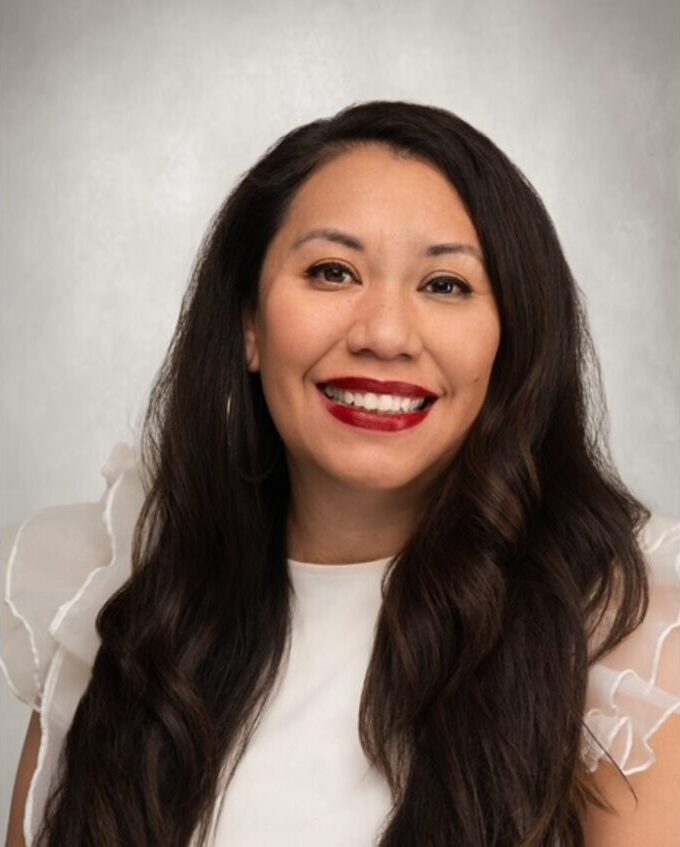
Reporting by “Arizona Horizon” Education Solutions Reporter Roxanne De La Rosa. Her role is made possible through grant funding from the Arizona Local News Foundation’s Arizona Community Collaborative Fund and Report for America.

